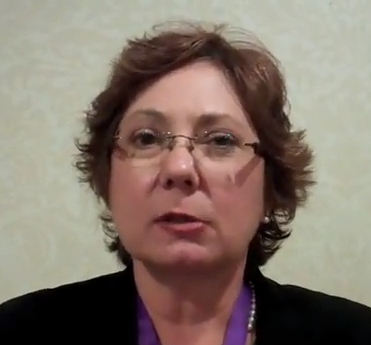Diana Manos
Attendees of the Centers for Medicare and Medicaid Services' Care Innovations Summit discuss their takeaways from the event, which drew more than 1,000 attendees in person and 1,500 online viewers.
Karen Davis, president of the Commonwealth Fund and a nationally recognized economist, has a bone to pick with the federal government's recent report on U.S. healthcare spending.
This December, I had the privilege of covering the Third Annual mHealth Summit at the Gaylord. The 65-foot Christmas tree made of synthetic “candy” glass was impressive hanging from the Gaylord’s atrium ceiling, but didn't hold the amazement for me that the information at the summit conveyed. MHealth is booming and will continue to do so until it is pretty much the way things are done.
The government plans to fork out a total of nearly $70 million in grants to five community colleges assigned with leading a federal healthcare IT training program. But is the Community College Consortia to Educate Health Information Technology Professionals delivering?
In 2010, the Veterans Administration launched the Blue Button, a standards format that allows simple exchange of a patient’s personal health data. Initially designed for use by veterans, the idea has taken off like gangbusters in the private sector and has been supported by at least one major care provider overseas.
In October, Healthcare IT News reported that American Board of Medical Specialties (ABMS) would recognize clinical informatics (CI) as a subspecialty, with exams beginning in 2012 and certification to begin in early 2013.
Registration for eligible providers to sign up for participating in the federal electronic health record meaningful use incentive program began Jan. 3, 2011. The program started off with a bang, and continues to grow.
The American Board of Medical Specialties (ABMS) has now recognized clinical informatics (CI) as a subspecialty, with exams beginning in 2012 and certification to begin in early 2013.
Pay-for-performance (P4P) does not result in providers cherry-picking patients, nor does it cause a negative impact on patient outcomes, according to a new study.
The University of Michigan Health System (UMHS) has signed an agreement to connect with the Great Lakes Health Information Exchange (GLHIE), officials announced on Tuesday.

